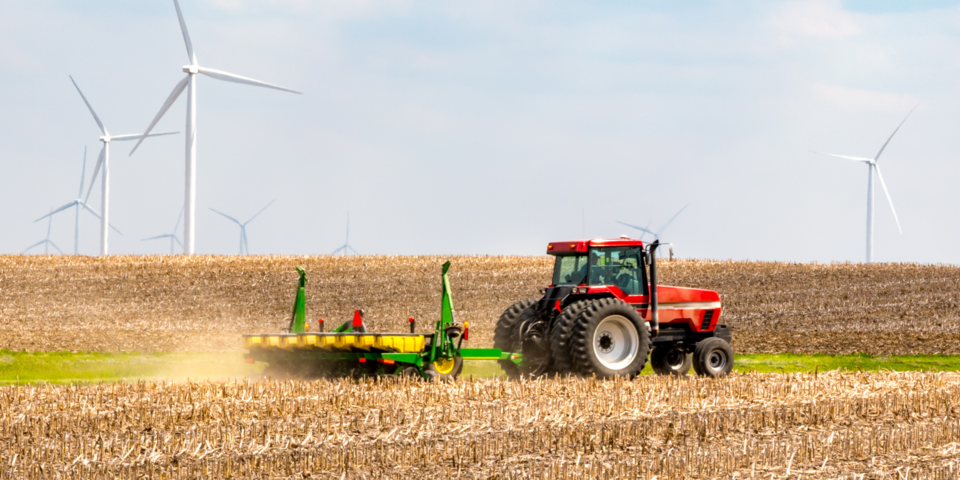 Getty Images Pro - leightrail
Getty Images Pro - leightrailSocial Conditionality
Agricultural subsidies are linked to social aspects.
UM – 02/2025
The EU has had an instrument for combating social dumping: "social conditionality" since the beginning of the year. This links EU funding to complying with social legislation as part of the CAP (Common Agricultural Policy). The recent CAP reform has stipulated that in the future, non-compliance with labour and industrial health and safety regulations might result in reductions in the allocated payments. Member states have been given the option of deciding on the penalty levels for infringements in accordance with their national labour and social legislation control systems. Social conditionality is implemented in Germany through the First Act that amended the CAP Conditionalities Act and the CAP Direct Payments Act of 18 November 2024.
No new labour or social law regulations
The labour and social regulations to be complied with in the agriculture and forestry sectors, which result from Directives (EU) 2019/1152 about transparent and predictable working conditions, 89/391/EEC about measures for encouraging improvements in the health and safety of employees and 2009/104/EU about the minimum safety and health requirements covering the use of work equipment by employees, are therefore not new. What is new is the leverage that can now be applied in the agricultural sector. Whereas conditionality - that is, imposing conditions linked to EU payments - previously related to areas such as the maintenance of permanent grassland, erosion control, soil cover during sensitive periods or the minimum protection of moors and wetlands, the human factor is now being added to it. The responsibility of the member states for the financial reductions should also take into account the different agricultural circumstances that exist in the EU. Implementation is carried out in Germany at both federal and state government levels.
No social protection, no money
The sanction instrument will be applied from the beginning of the year by the paying agencies responsible for allocating funds in the agricultural sector. However, they also have discretionary powers to decide whether or not a breach of the labour or social law requirements should result in financial reductions. The control and enforcement systems that exist in in the respective member states will have to be utilised in order to implement social conditionality. This also means that the responsible authorities must increase their staff.
The objective - socially responsible agriculture
The number of family farms is shrinking and the dependence on migrant labour is increasing. It is becoming increasingly important to guarantee fair working standards. This was also underlined by the European Committee of the Regions in its opinion of 21 November 2024. Social conditionality is a module for ensuring fair working conditions in agriculture. Action is required here as the need for protection among agricultural workers is high.
